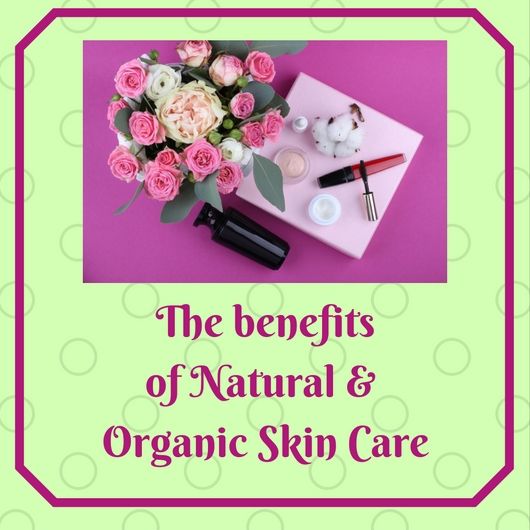Top 5 Benefits of Microdermabrasion
Posted on

Microdermabrasion is a popular facial treatment that is useful for a variety of skin care issues.
During a diamond microdermabrasion facial, your therapist will use a handheld wand with a diamond tip attached to it. This tip is then gently stroked over different areas on your face from 1 up to 3 times. At the other end of the wand there is a tube which is attached to a machine which literally creates a vacuum effect to suck up any dead skin or debris which the diamond tip removes from your skin.
What are the Top 5 Benefits of Microdermabrasion?
- Microdermabrasion removes dead skin cells from the epidermis (top layer of the skin). This is helpful for dry, dull and also mature skin as the natural process of desquamation (sloughing of dead skin cells) slows down as we age.
- Microdermabrasion will vacuum cleanse your skin and pores of excess oil and other debris
- During a microdermabrasion facial circulation to the skin is increased, this brings fresh blood, oxygen and nutrients to your skin which in turns helps your skin cells to regenerate
- The removal of dead skin cells during microdermabrasion means that the active ingredients in skin care products are more easily absorbed.
- All of the above means that Microdermabrasion is an effective treatment for dull, rough, dry, oily/congested skin, fine lines, superficial scarring and some types of hyperpigmentation.
Frequently Asked Questions
Does it hurt?
No, microdermabrasion doesn't hurt, but you can feel the exfoliating effects on your skin. Therefore your skin may temporarily redden and feel a little tight, this will normally fade after a few hours.
Is it suitable for sensitive skin or Rosacea?
This depends on each individual client. If you have very sensitive skin or a large area of roseacea on your face, then I would say no. However if you have slightly sensitive skin and small patch of roseacea, you should be fine. If you are unsure, I am happy to patch test a small area before a full microdermabrasion facial to see whether it is suitable for your needs.
Do I need to wear an SPF after a treatment?
Yes, as the epidermis has been exfoliated, it is more vulenerable to sun burn or sun damage immediately after a treatment. Therefore it is important to wear an SPF cream following a treatment.
How many treatments do I need?
- If your skin is dull, dry or in need of a deep cleanse then 1 treatment every month will be sufficient.
- If you would like to target fine lines, superficial scarring or hyperpigmentation then 3 treatments over a 3 week period will be required. We will then assess whether you need more weekly treatments and if not, then a monthly maintenance will suffice.
- Please note, hyperpigmentation caused by melasma will not respond to microdermabrasion. If you are unsure which type of hyperpigmenation you have, I am happy to do a free consultation at your appointment
Can I combine Microdermabrasion with other Skin Treatments?
Yes, you can combine it with other Electrical Facials which are also available as a 1 hr Pick and Mix
- Galvanic - to deep cleanse oily, congested skin
- Non Surgical Face Lift - to lift and tone facial muscles
- Radiofrequency - to tighten sagging skin
- LED Light - Red = collagen production (anti ageing), Blue = antibacterial (congested skin) or Green = soothe and calm rosacea or inflamed skin.
and you can also add it on to any of the Manual Facials that I offer.
Until next time
Zoe
x

